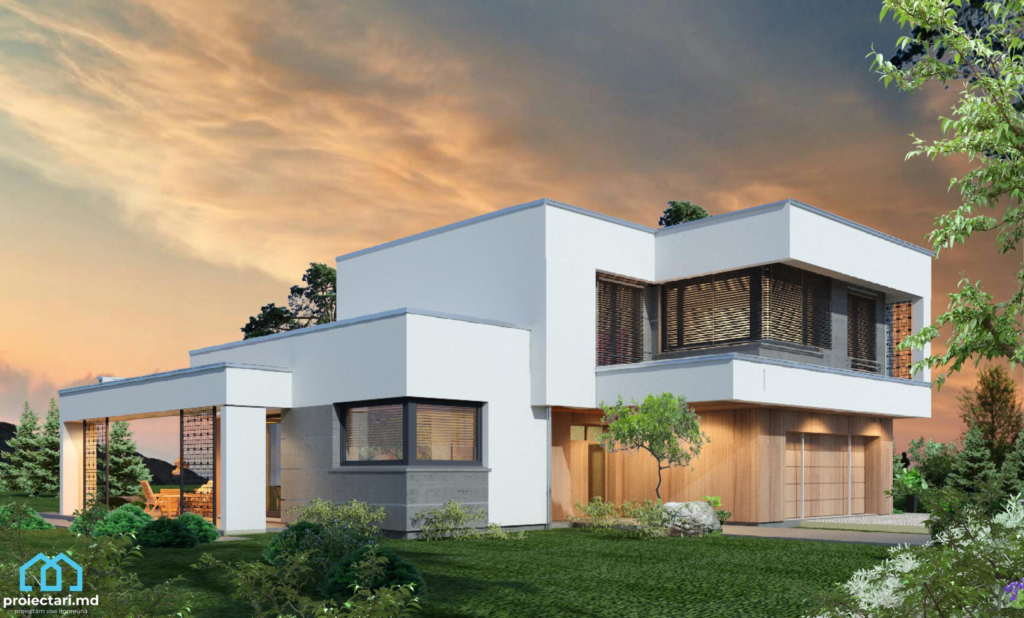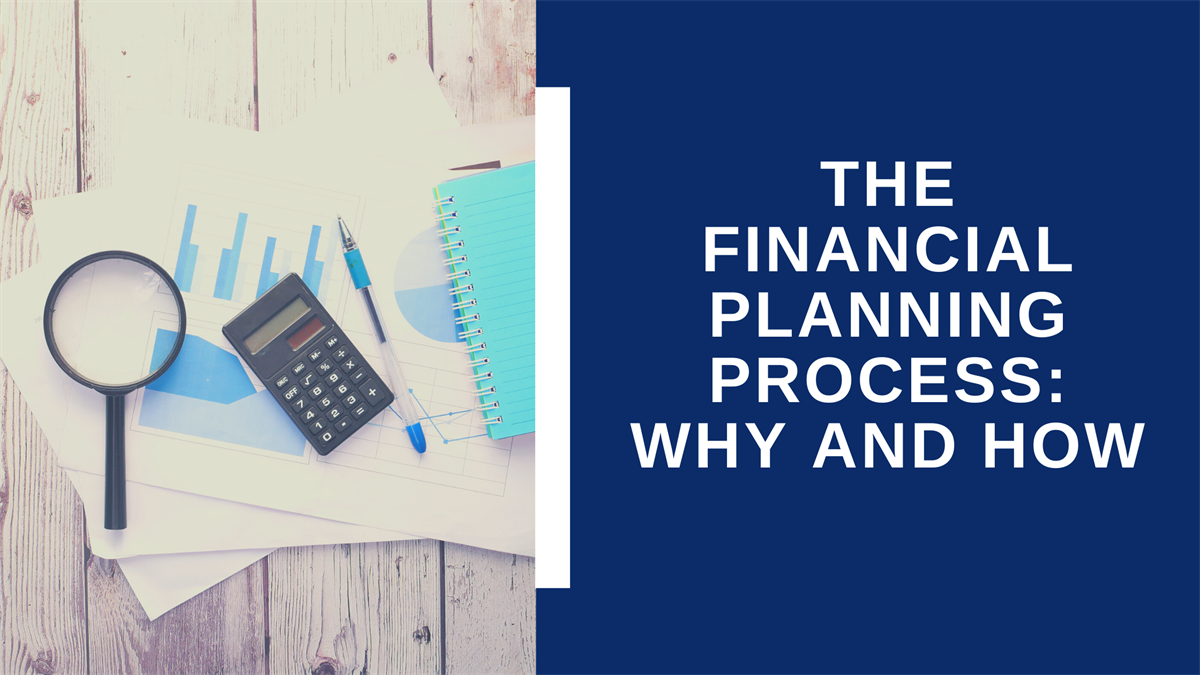The Secret to Setting the Perfect Sale Price

When you’re ready to sell your house, one of the most important decisions you’ll make is determining the right sale price. Pricing your home too high can scare off potential buyers, while pricing it too low can mean missing out on the money your property is truly worth. Finding the perfect sale price is key to ensuring a quick sale without sacrificing too much on your asking price. In this blog, we’ll explore the essential factors to consider when setting the price for your home, including property pricing, market analysis, and buyer preferences. These insights will help you set a competitive and realistic price to attract the right buyers.
At We Buy Houses in Central Texas, we understand the importance of getting your home priced right. Our buying process/guideline for sell your house makes the selling experience easy and efficient, allowing you to avoid the stress of overpricing or underpricing your home. Let’s dive into the key aspects of pricing tips to help you set the best sale price for your property.
Why Property Pricing Is Critical
Pricing your home properly is essential when selling. A well-priced home will attract more buyers, sell faster, and give you the best return. If your home is priced too high, it could sit on the market longer, leading buyers to believe there’s something wrong with it. On the flip side, pricing it too low might get you quick offers but won’t reflect the true home value. Finding a balance is critical to ensure that you don’t leave money on the table but still sell your home quickly.
The first step in setting the right price is to understand the home value of your property. You can’t set a price in a vacuum; it’s important to consider the real estate market and how comparable homes in your area are priced. When you understand how your home compares to similar properties, you’ll be able to set a competitive price that attracts buyers while meeting your financial goals.
The Power of a Market Analysis
A market analysis is the foundation of pricing your home. This process involves evaluating recently sold properties in your area to get a sense of what homes similar to yours are selling for. You’ll want to look at homes that are comparable in size, age, condition, and location. By reviewing the sale prices of these homes, you can determine where your property fits in the market.
This analysis will help you understand what buyers are willing to pay for a home in your area, especially when considering the buyer preferences in your neighborhood. For example, if homes with modern kitchens are selling for more, investing in a kitchen upgrade could justify a slightly higher price. Similarly, if homes in your area are in high demand, you might have more flexibility to price higher than average.
The Role of Buyer Preferences
Understanding buyer preferences is a significant part of pricing your home correctly. Buyer demand can vary depending on factors such as the time of year, neighborhood amenities, and current trends in the real estate market. For example, if buyers in your area are increasingly looking for energy-efficient homes, consider marketing your home’s energy-efficient features, like new windows or upgraded insulation, to justify a higher price.
By understanding what buyers are looking for, you can tailor your pricing strategy to meet their expectations. Whether it’s a large yard, proximity to good schools, or updated bathrooms, highlighting these features in your listing can help you justify a competitive price. Knowing what attracts buyers will allow you to price your home effectively while considering the most important factors for your target audience.
Consider the Appraisal Process
The appraisal process can affect how you price your home. When selling your property, potential buyers will likely have the home appraised to determine its fair market value. The appraiser will look at various factors, such as the home’s size, condition, location, and comparable sales in the area. If your home is priced too high, it might not pass the appraisal, leading to complications in the sale. If it’s priced too low, you could leave money on the table.
To avoid this issue, pricing your home correctly from the start based on a market analysis and comparable properties will help ensure that your home’s property value aligns with its appraisal. This step is particularly important if the buyer is financing the home, as the lender will base their loan offer on the appraisal.
Financial Considerations When Setting a Price
Understanding the financial considerations of selling your home is crucial. While you want to set a price that attracts buyers, you also need to consider your own financial situation. How much do you owe on your mortgage? What other costs do you need to cover, such as agent commissions or closing fees? When setting your price, these factors should be taken into account to ensure you’re not only pricing the home competitively but also meeting your financial needs.
Additionally, be sure to calculate your potential tax obligations and closing costs to determine what you need to walk away with from the sale. By understanding the full scope of your financial considerations, you can make informed decisions about your pricing strategy and ensure a smooth transaction.
Common Questions About Setting the Perfect Sale Price
As a motivated seller, you may have some questions about how to set the perfect price for your home. Here are a few answers to some of the most common questions:
How do I determine the right price for my home?
To determine the best price, you need to look at a combination of factors, including a market analysis, comparable properties, and buyer preferences. It’s important to consult a real estate professional who can help you assess the current market and set a price that’s both competitive and reflective of your home’s value.
Should I price my home higher to leave room for negotiation?
While pricing your home higher might give you room for negotiation, it can also turn buyers away. It’s best to price your home based on its true market value, which will attract more buyers and likely lead to quicker offers. Overpricing can result in longer time on the market, which may eventually require price reductions.
What are the risks of underpricing my home?
Underpricing your home can lead to a quick sale, but it also means you could be leaving money on the table. If your home is in good condition and priced too low, you might not get the return you deserve. It’s essential to find a price that reflects your home’s true value.
How do I know if I should make improvements to my home before selling?
Small home improvements can help boost your home’s appeal and increase its property value, but they should be targeted to areas that offer a good return on investment. Focus on updates like fresh paint, new fixtures, or landscaping that will make a noticeable difference without breaking the bank.
How can I adjust the price if my home isn’t selling?
If your home isn’t selling, you may need to reevaluate your pricing. Look at the feedback from showings and see if buyers are commenting on the price being too high. You might also want to conduct a new market analysis to see if the market conditions have changed and whether a price adjustment is necessary.
Ready to Set the Perfect Price for Your Home?
Setting the perfect sale price is a critical part of the home-selling process. It requires a careful balance of understanding your home value, considering buyer preferences, and factoring in the current real estate market. By using the pricing tips and strategies outlined in this article, you can ensure that you set a price that attracts the right buyers and helps you achieve a quick sale.
If you’re ready to get started or need help pricing your home correctly, We Buy Houses in Central Texas is here to guide you. We offer a hassle-free process and help motivated sellers like you price your home right to ensure a smooth, fast sale.
Visit us to get a cash offer for your home and learn how we can help you sell quickly and efficiently.






